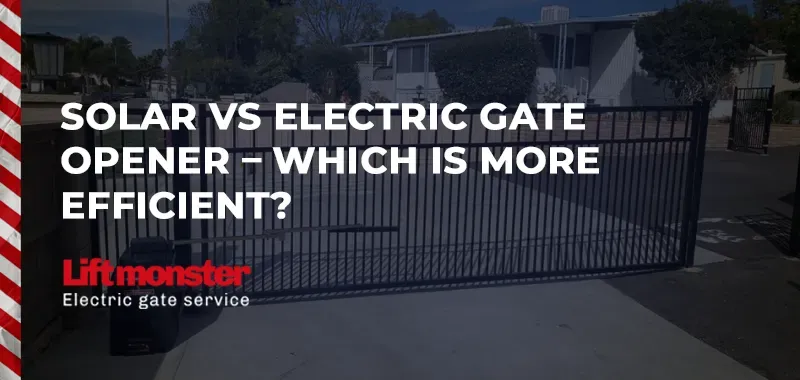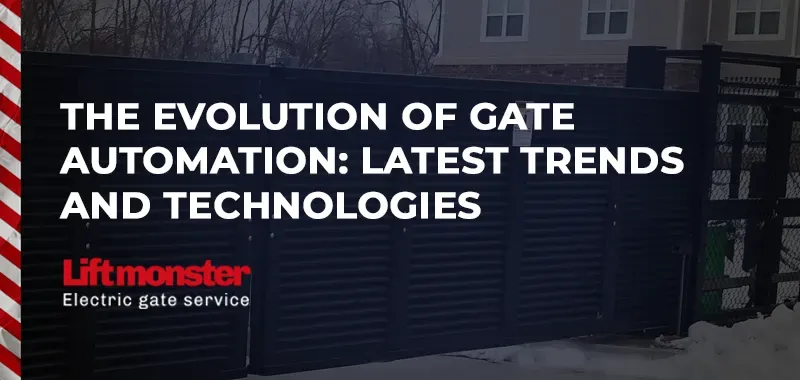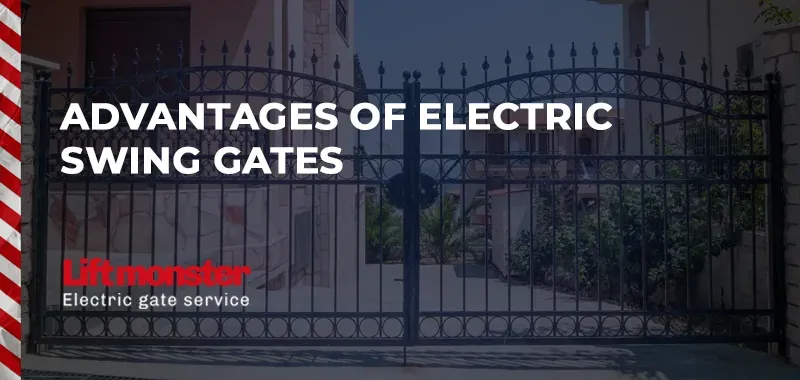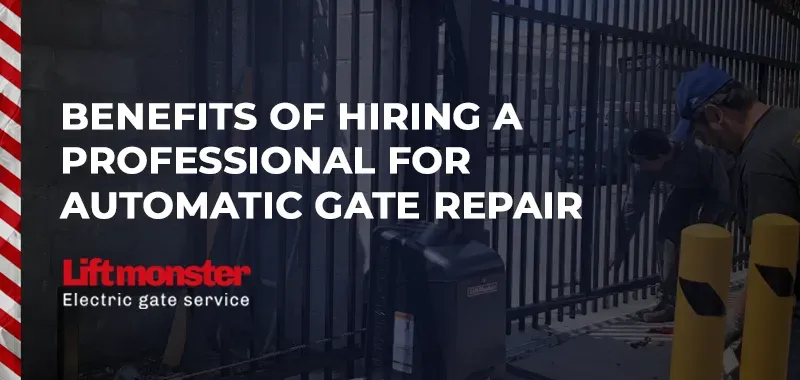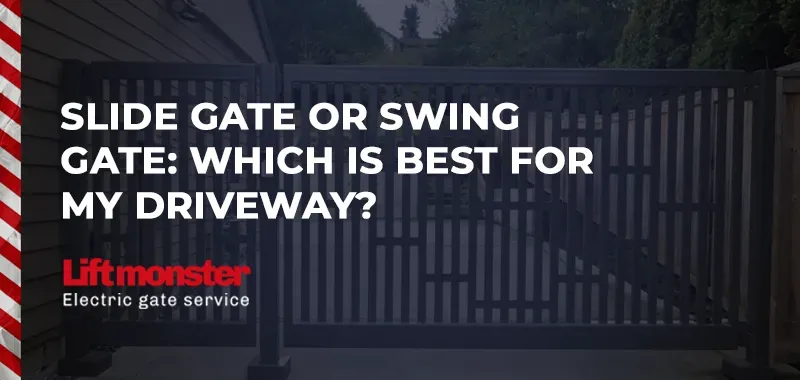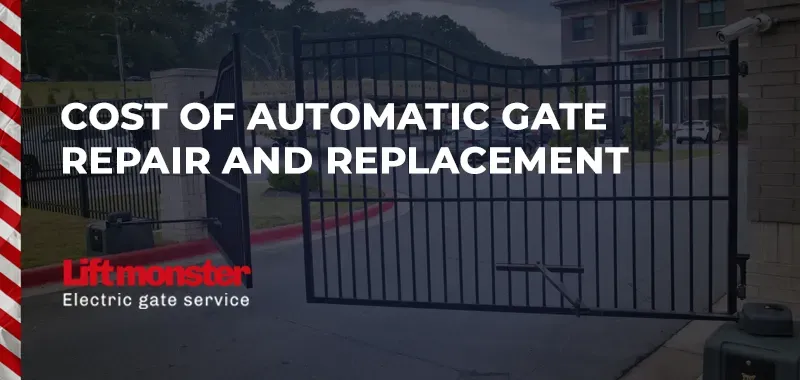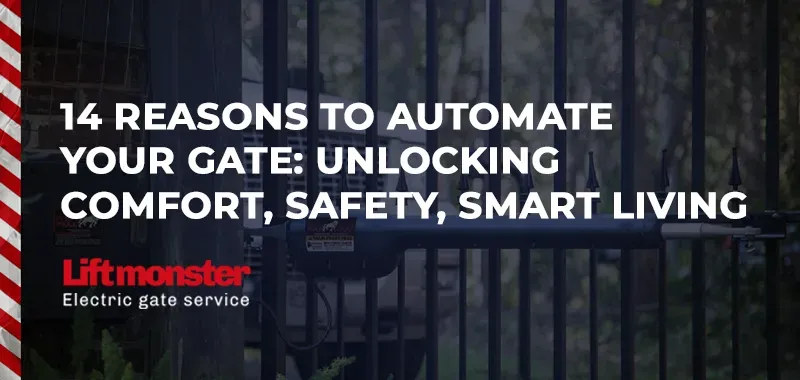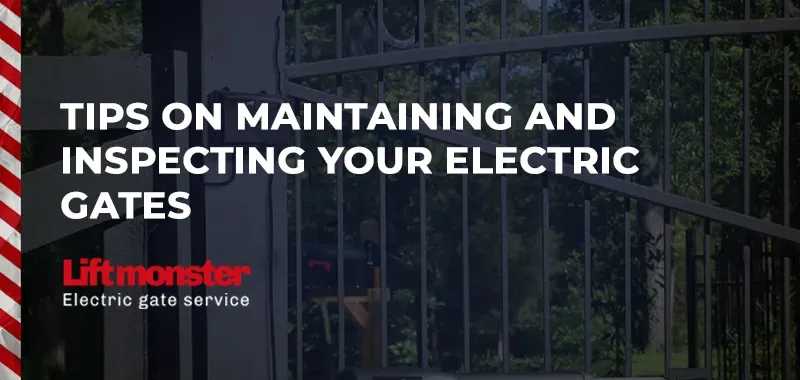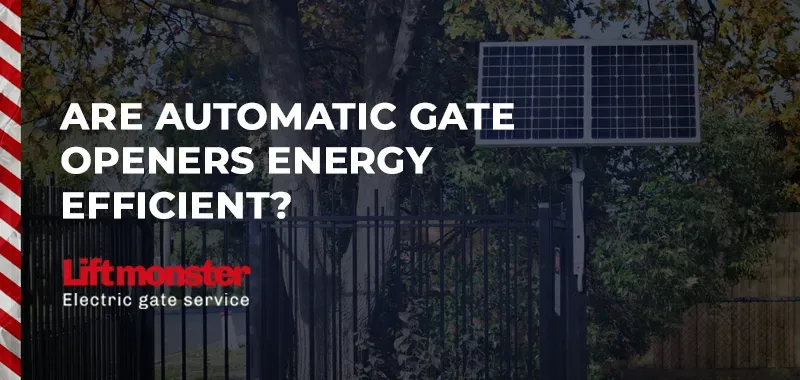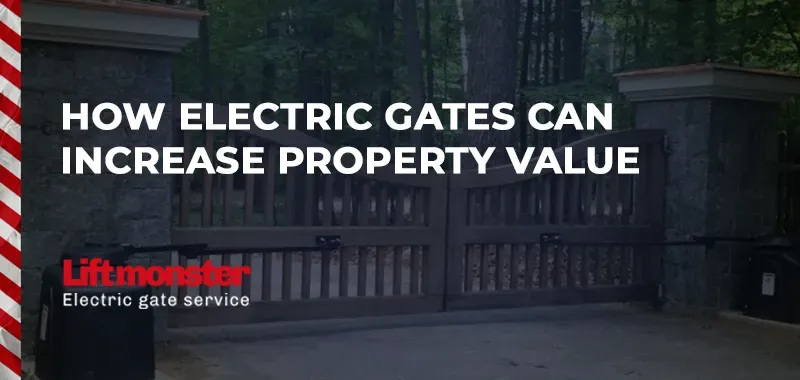How to Insulate a Garage Door?
Insulating your garage door can make a significant difference in regulating temperature, reducing energy costs, and improving overall comfort. At Lift Monster, we specialize in all aspects of electric gates and garage doors, including insulation. Here's a step-by-step guide on how to insulate a garage door effectively, ensuring you maximize energy efficiency and comfort in your home.
Why Insulate a Garage Door?
Before jumping into the process, it's essential to understand why insulation matters. Insulated garage doors help:
- Maintain consistent temperatures, especially if your garage is attached to your home.
- Reduce energy consumption, lowering heating and cooling costs.
- Minimize noise both from outside and within, particularly useful for noisy areas or workshops.
- Increase the durability and longevity of your garage door by adding extra strength to the panels.
Materials Needed for Garage Door Insulation
To properly insulate your garage door, you'll need a few essential materials:
- Insulation Kits: Pre-cut kits are available that come with all the necessary components for easy installation.
- Reflective Foam Boards: Ideal for hot climates as they reflect heat, keeping your garage cooler.
- Fiberglass Batt Insulation: Offers excellent thermal resistance but can be trickier to install.
- Garage Door Insulation Panels: Often made of polystyrene, they fit snugly into garage door panels.
- Adhesive or Insulation Tape: Used to secure insulation materials in place.
Step-by-Step Process on How to Insulate a Garage Door
Step 1: Measure the Door Panels
The first step to insulating a garage door is to measure each of the door’s panels. Most garage doors consist of multiple horizontal sections. Take measurements of each section individually to ensure proper insulation placement.
Step 2: Choose the Right Insulation
For metal garage doors, rigid foam insulation panels or polystyrene sheets are often the most effective options. For wooden doors, you might consider fiberglass batts or foam core insulation.
Step 3: Cut the Insulation
Using the measurements taken earlier, cut the insulation material to fit each garage door panel. For foam board insulation, use a utility knife to ensure precision cuts.
Step 4: Attach the Insulation
Depending on the material you're using, apply adhesive or insulation tape to secure the insulation in place. Make sure the insulation sits snugly inside the panels without any gaps to prevent heat transfer.
Step 5: Seal the Edges
To further improve insulation, you may want to seal the edges of the panels with weather-stripping or garage door seals. This will help prevent drafts and ensure that your insulation stays in place for the long term.
Garage Door Insulation R-Value: What It Means
When choosing insulation, it's important to consider the R-value, which indicates the material’s resistance to heat flow. The higher the R-value, the better the insulation. For garage doors, an R-value between 6 and 9 is generally ideal, especially in colder climates.
Common Questions about Garage Door Insulation
- Is it worth insulating a garage door? Absolutely. Garage door insulation can significantly reduce energy costs, increase comfort, and extend the lifespan of your garage door. It's especially valuable if you use your garage as a workshop or if it's attached to your home.
- What type of insulation is best for garage doors? The best type depends on your garage's design and climate. Rigid foam panels are a popular choice for metal doors, while fiberglass insulation works well for wooden doors.
- Can I insulate my garage door myself? Yes, DIY insulation is possible with the right tools and materials. However, for best results, professional installation ensures that the insulation is fitted correctly and maximizes energy efficiency.
Trust Lift Monster for Professional Garage Door Services
At Lift Monster, we not only provide expert electric gate services, but we also offer professional garage door insulation installation. Whether you need help choosing the right insulation materials or want an expert to do the job for you, we’re here to assist. Proper insulation ensures your garage stays energy efficient, helping you save on costs and improve comfort year-round.
Conclusion
Insulating your garage door is a smart investment that pays off in comfort and energy savings. For those looking for a professional touch, Lift Monster offers top-tier services that go beyond just installation — we ensure your garage door works efficiently for years to come.
